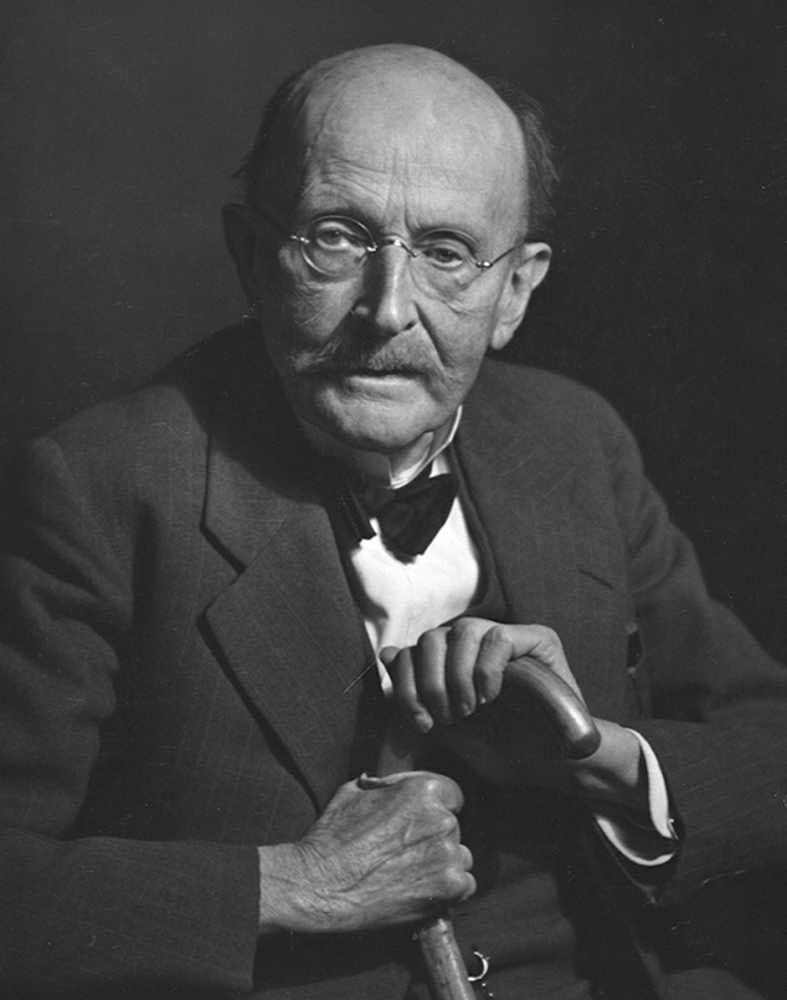The crucial difference between knowing and understanding
The inspiring story of Max Planck and his chauffeur
🏷️ Categories: Learning, Life lessons.
Max Planck was one of the most influential scientists of the 20th century.
After receiving the Nobel Prize in Physics in 1918, he traveled around Germany giving lectures on quantum mechanics. His chauffeur, who accompanied him everywhere, ended up memorizing the speech so many times he heard it. One day, bored with the routine, the chauffeur made him a surprising suggestion.
He would give the lecture while Planck, disguised as a chauffeur, watched him.
Max Planck accepted the proposal and they exchanged roles.
During the lecture, a professor asked Max Planck's impostor a difficult question. The chauffeur wittily replied: “Wow! It is surprising that in such an advanced city as Munich I am asked such an elementary question, even my chauffeur can answer it for me, you see”. (And Max Planck, dressed as a chauffeur, had to answer it).
This anecdote, recounted by Charlie Munger in 2007 (YAPSS Archive, 2022), teaches us a crucial distinction that we often overlook.
The crucial difference between knowing and understanding.
Knowing and understanding
In its simplest form, “knowing” means having information in memory.
But that is a far cry from actually understanding information. Knowing the name of a species of bird or being able to recite mathematical formulas from memory like someone reciting a poem does not at all mean that you understand what you are saying. Understanding goes beyond that: it means unraveling the connections, mechanisms, causes and reasons that explain a concept.
That is why memory exams can be passed without understanding any of the syllabus.
But don't think that this distinction is new, in fact, it is more than 2000 years old.
Aristotle spoke in his Metaphysics about this crucial difference (one thing was scientific knowledge and another was personal experience).
The 2 types of knowledge
Planck's knowledge: It is deep knowledge about the nature of a concept, its qualities, laws and relationships with other concepts. It is the type of knowledge that allows you to develop theories and explain the world.
Chauffeur's knowledge: Superficial and memoristic, it is pure illusion of knowledge. It is outside our mental garden, it is not robust knowledge like a tree, it is a green sprout at most.
Everyone has chauffeur knowledge on countless subjects, the funny thing is that we are not aware of our own gaps because we don't test ourselves.
You know how to lock a door, but chances are you don't have the faintest idea how the inner workings of a lock work.
You go to the toilet every day, but you probably don't know the laws of hydraulics that govern the operation of the cistern where water is stored.
Just because you passed an exam by memorizing and repeating doesn't mean you understood the syllabus in the slightest.
A huge gap that we often ignore separates what you know from what you understand (Ahn & Kalish, 2000; Miyake, 1986).
The dangers of chauffeur knowledge
Never in history has it been so easy to be a chauffeur on a subject.
With the easy access to information of our age, answers are a click away and the danger arises of thinking we understand what we just know.
Chauffeur knowledge, as Harry Frankfurt used to say, is the kind of knowledge of those who seek not truth, but to impress or persuade. If used with malice, it is perfect for being an impostor and manipulating the uncritical. It is especially dangerous when such people are involved in politics or science, where ill-informed decisions can have catastrophic results.
We need to question information and not take it at face value without judgment.
Blaise Pascal, the French philosopher, had a vision of knowledge that reminds me of a circle; when our circle of knowledge expands, so does the periphery of ignorance (Pascal, 1995).
You need to increase your circle of understanding.
You need to make an effort every day so that little by little everything you know becomes part of the circle of everything you understand. Although understanding requires an effort that not everyone is willing to make, it is understanding that sets us free. It is because of this laziness, the lack of understanding, that society often allows itself to be persuaded by those who express themselves in a determined tone and in a loud voice.
Because it is easier to nod than to think.
Because it is easier to be the chauffeur than to be Max Planck.
Nothing more to say.
✍️ It's your turn: What areas of your chauffeur's knowledge would you like to learn more about? I want to learn more about fiction writing and physics.
💭 Quote of the day: “It is not the possession of truth, but the success that accompanies its pursuit, that enriches the seeker and brings him happiness.” Max Plack, Where Is Science Going?
See you soon! Take care 👋
References 📚
Ahn, W., & Kalish, C. W. (2000). The Role of Mechanism Beliefs in Causal Reasoning. En The MIT Press eBooks (pp. 199-226). URL
Frankfurt, H. G. (2009). On bullshit. Princeton University Press.
Miyake, N. (1986). Constructive interaction and the iterative process of understanding. Cognitive Science, 10(2), 151-177. URL
Pascal, B. (1995). Pensées. Penguin UK.
YAPSS Archive. (2022). Charlie Munger: 2 Kinds of Knowledge in this world. | USC 2007 [Vídeo]. YouTube.









Thanks for sharing. This reminds me of how the school operates, cramming information, moving too fast, and testing students. Much of the work becomes memorization.